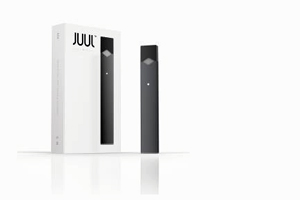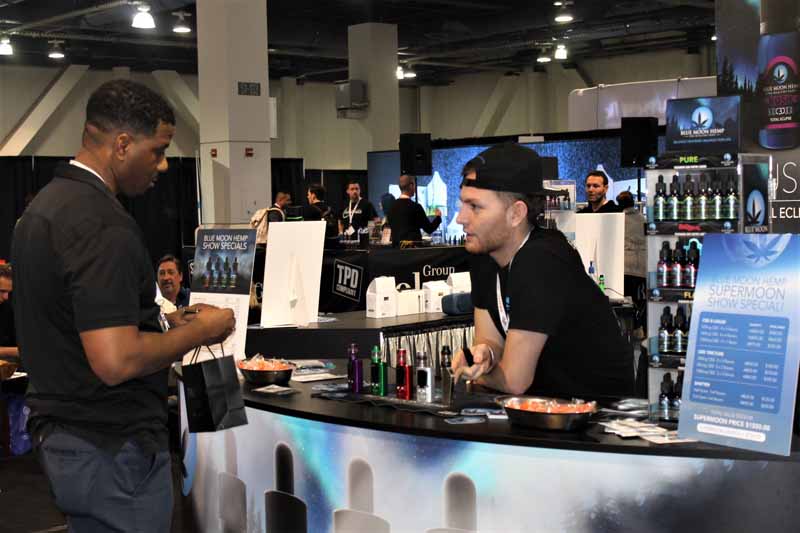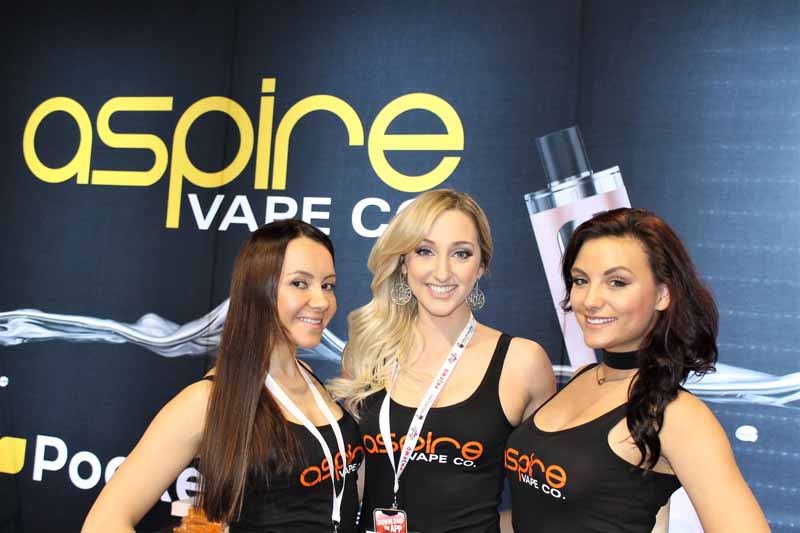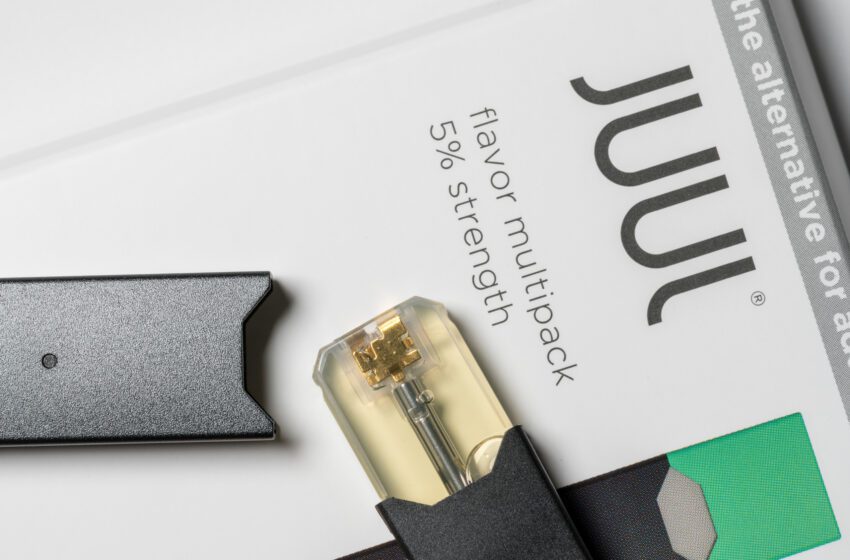The U.S. Food and Drug Administration today issued a policy prioritizing enforcement (FDA) against certain unauthorized flavored e-cigarette products that appeal to kids, including fruit and mint flavors.
Under this policy, companies that do not cease manufacture, distribution and sale of unauthorized flavored cartridge-based e-cigarettes (other than tobacco or menthol) within 30 days risk FDA enforcement actions.
“The United States has never seen an epidemic of substance use arise as quickly as our current epidemic of youth use of e-cigarettes. [Health and Human Services] HHS is taking a comprehensive, aggressive approach to enforcing the law passed by Congress, under which no e-cigarettes are currently on the market legally,” said HHS Secretary Alex Azar.
FDA Commissioner Stephen M. Hahn said that, coupled with the recently signed legislation increasing the minimum age of sale of tobacco to 21, the agency believes this new policy balances the urgency with which it must address the public health threat of youth use of e-cigarette products with the potential role that e-cigarettes may play in helping adult smokers transition completely away from combustible tobacco to a potentially less risky form of nicotine delivery, according to the FDA.
“While we expect that responsible members of industry will comply with premarket requirements, we’re ready to take action against any unauthorized e-cigarette products as outlined in our priorities,” he stated in a release. “We’ll also closely monitor the use rates of all e-cigarette products and take additional steps to address youth use as necessary.”
On Aug. 8, 2016, all e-cigarettes and other ENDS products became subject to the FDA’s tobacco authorities, including the premarket authorization requirements in the Federal Food, Drug, and Cosmetic Act (FD&C Act). All e-cigarettes and other ENDS products on the market at that time needed to have authorization from the FDA to be legally marketed. However, as an exercise of its enforcement discretion, the agency had deferred enforcement of the premarket authorization requirements, according to the FDA.
To date, no ENDS products have been authorized by the FDA — meaning that all ENDS products currently on the market are considered illegally marketed and are subject to enforcement, at any time, in the FDA’s discretion.
Beginning 30 days from the publication of the notice of availability of this guidance in the Federal Register, the FDA intends to prioritize enforcement against these illegally marketed ENDS products by focusing on the following groups of products that do not have premarket authorization:
- Any flavored, cartridge-based ENDS product (other than a tobacco- or menthol-flavored ENDS product);
- All other ENDS products for which the manufacturer has failed to take (or is failing to take) adequate measures to prevent minors’ access; and
- Any ENDS product that is targeted to minors or likely to promote use of ENDS by minors.
Cartridge-based ENDS products are a type of ENDS product that consists of, includes, or involves a cartridge or pod that holds liquid that is to be aerosolized when the product is used. For purposes of this policy, a cartridge or pod is any small, enclosed unit (sealed or unsealed) designed to fit within or operate as part of an ENDS product, according to the FDA.
For all other products (cartridge-based or otherwise), including menthol-, tobacco-, and non-flavored ENDS products, the FDA will also prioritize enforcement where the manufacturer fails to take adequate measures to prevent youth access. For example, the FDA will consider whether the manufacturer has implemented adequate programs to monitor retailer compliance with age-verification and sales restrictions or if it has established and enforced penalties against retailers that fail to comply with those programs.
The agency also will consider whether the manufacturer uses adequate age-verification technology (or requires that retailers who sell its products use such technology) to prevent underage access to its website and to prevent underage sales through the internet. In addition, consideration will be given to whether the manufacturer limits (or requires retailers who sell its products to limit) the quantity of ENDS products that a customer may purchase within a given period of time, according to the FDA.
The FDA also intends to prioritize enforcement with respect to any ENDS products that are targeted to youth or likely to promote use of ENDS by youth. Examples include: products marketed with labeling and/or advertising that resemble kid-friendly foods and drinks such as juice boxes or kid-friendly cereal; products marketed directly to minors by promoting ease of concealing the product or disguising it as another product; and products marketed with characters designed to appeal to youth.
The FDA’s claims its enforcement priorities are not a “ban” on flavored or cartridge-based ENDS. The FDA has already accepted and begun review of several premarket applications for flavored ENDS products through the pathway that Congress established in the Tobacco Control Act.
Manufacturers that wish to market any ENDS product – including flavored e-cigarettes or e-liquids – are required by law to submit an application to the FDA that demonstrates that the product meets the applicable standard in the law, such as whether the product is appropriate for the protection of the public health. If a company can demonstrate to the FDA that a specific product meets the applicable standard set forth by Congress, including considering how the marketing of the product may affect youth initiation and use, then the FDA could authorize that product for sale, according to the FDA.
The guidance also states that, after May 12, 2020, the FDA intends to also prioritize enforcement against any ENDS products that continue to be sold and for which the manufacturers have not submitted a premarket application.
For ENDS products other than those in the three groups described above, if premarket applications are submitted by that date, the FDA intends to continue to exercise enforcement discretion for up to one year pending FDA review of the applications, unless there is a negative action by the FDA on such application or the product is authorized to be marketed by the FDA.








